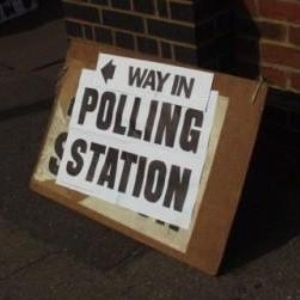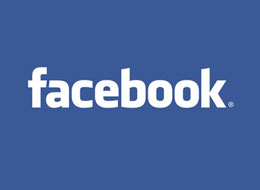I was 18 years old in 1979; people of a certain age will remember that year as being the start of the ‘Thatcher Years’ – the start of 11 years of Tory Government that was characterised by radical right wing policies, many originating from the Chicago School of Monetarism, jingoistic manipulation of the electorate in a popular war (The Falklands). The economic policies ensured a destruction of large swathes of British manufacturing industry, steel and coal, and it might be argued that it was a ‘mild’ form (relatively speaking) of the shock and awe school of political change that alumni of the Chicago School had already inflicted on Chile and other countries in the 1970s.
I entered the workforce in the middle of all this, working in Education for 18 months or so before becoming self-employed in IT, and witnessed the destruction of the communities in which I’d grown up and the politicisation and vilification in the media of family and friends in the mining villages and towns of Derbyshire, Yorkshire and Nottinghamshire. I witnessed troops used as policemen and experienced roadblocks that prevented free travel within the UK. It’s safe to say that those years coloured the political views of a whole generation – and still do today.
Which is why I could initially understand the surge of groups on Facebook and other online communities with names like ‘National Don’t Vote Tory Day’.
And after a while I began to think that this is rather a dumb and negative way to decide who to vote for. To start with, it’s 13 years since a Tory Government – twenty years since Thatcher lost power when the great and the good of the Tory establishment decided that she was a liability and threw her out in a coup. You need to be at least 31 years old to have actually been an adult under a Tory government, but it seems to be within the under 30 age group that this sort of group is popular.
As will be known to anyone who reads this blog or follows my tweets, I have little time for New Labour. I have little time for the Tories or the Liberal Democrats either. Which, I appreciate, means I have some serious thinking to do before the General Election. I believe in small Government, subsidiarity and local, sustainable communities. I believe in freedom of speech and expression, reduction in the intrusive powers of the state and controlled and managed immigration to the UK based on a points system for economic migrants and proof of oppression in the last country they were in for political asylum seekers. I believe in strong defence, continued possession of a tactical nuclear weapons capability, healthcare free at point of delivery, and a benefits system as a last ditch support for folks who genuinely need it. I’m interested in seeing whether a flat rate of taxation would work, along with reduced red-tape for business, closer scrutiny of banking institutions, no further formal integration with Europe, repeal of the majority of Human Rights legislation and replacement with a written constitution. And on a more personal basis, reform of copyright, patent and libel legislation to take on board the fact that the world’s changed.
In other words, a rag-bag, hodge-podge of policies which no party will offer. But at least I’ve thought about what I believe in, and can make most of it join up. Which is where the ‘Don’t vote Tory’ sloganising is ridiculously naive. Wheeling out any party as a bogey man – especially one out of power for 15 years – is daft. I demonise New Labour when, in my eyes and against the principles and policies I personally believe in, they deserve it – I’d like to feel that folks who’re signing up to the ‘Don’t Vote Tory’ sites have at least thought through their own political views and aren’t just signing up to the latest ‘slogan of the month’ based on what happened before many of them were actually old enough to directly experience it.
Slogans aren’t enough; I’d say one thing – if you disagree with a party’s politics, know WHY you disagree with them. Think about it. If you don’t like any of them, vote for the one that you disagree with least. There’s an assumption of trust and competence here, which I’m not sure we can give or expect from any of the major parties this time around.
I’m still to make my mind up. I have significant issues with New Labour and the Tories; I was sort of leaning towards Liberal Democrat until I looked at their policies on Europe and Immigration policy, and I’m not convinced that their finances add up. And I’m still not capable of trusting them on civil liberties and issues of Government intrusion in to the lives of citizens.
But for crying out loud – please, please, think about it.




 Have you heard of ACTA? How about the Anti-Counterfeiting Trade Agreement? No? Well, you’re probably not alone. After all, here in the UK the Government
Have you heard of ACTA? How about the Anti-Counterfeiting Trade Agreement? No? Well, you’re probably not alone. After all, here in the UK the Government